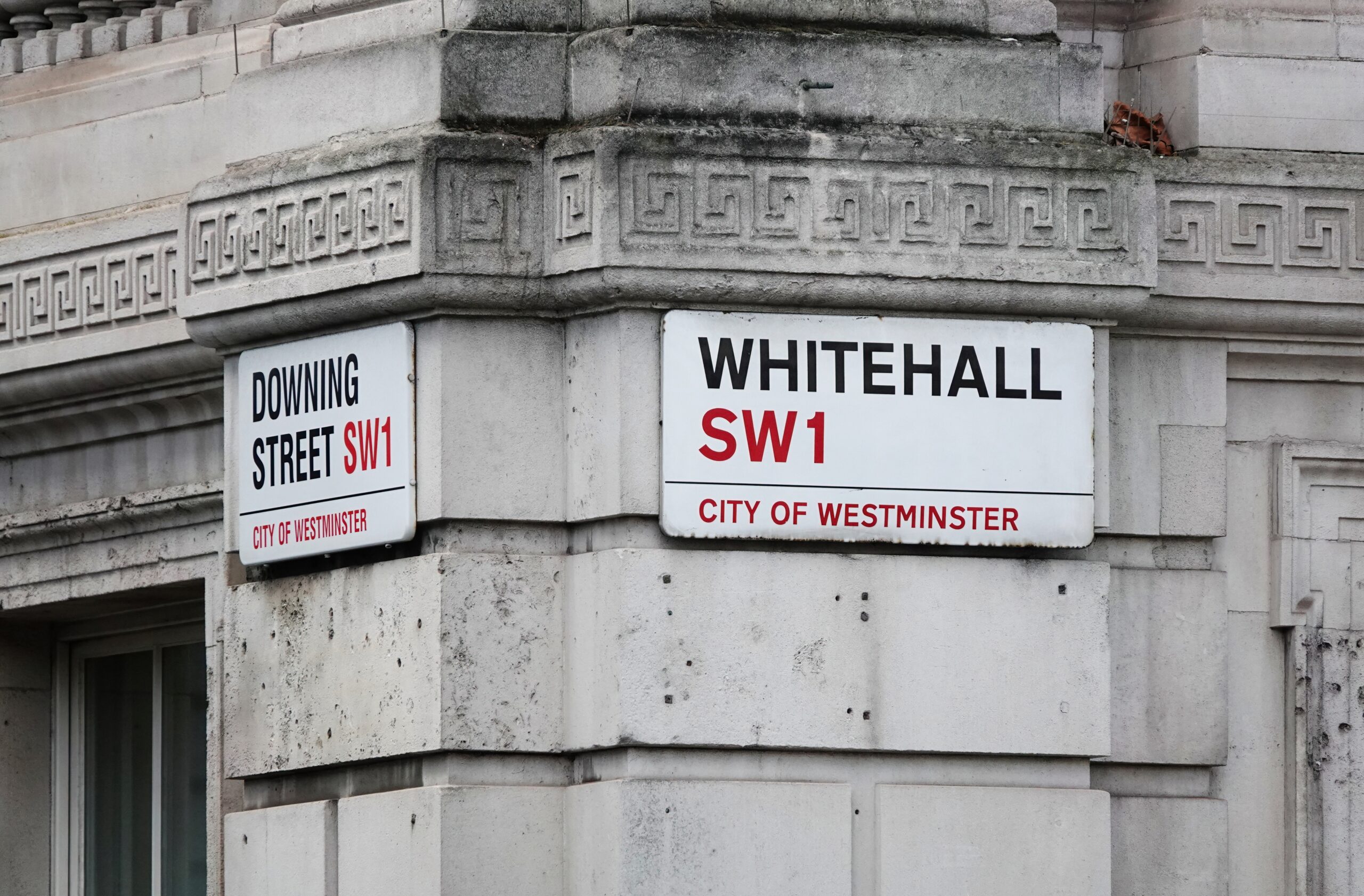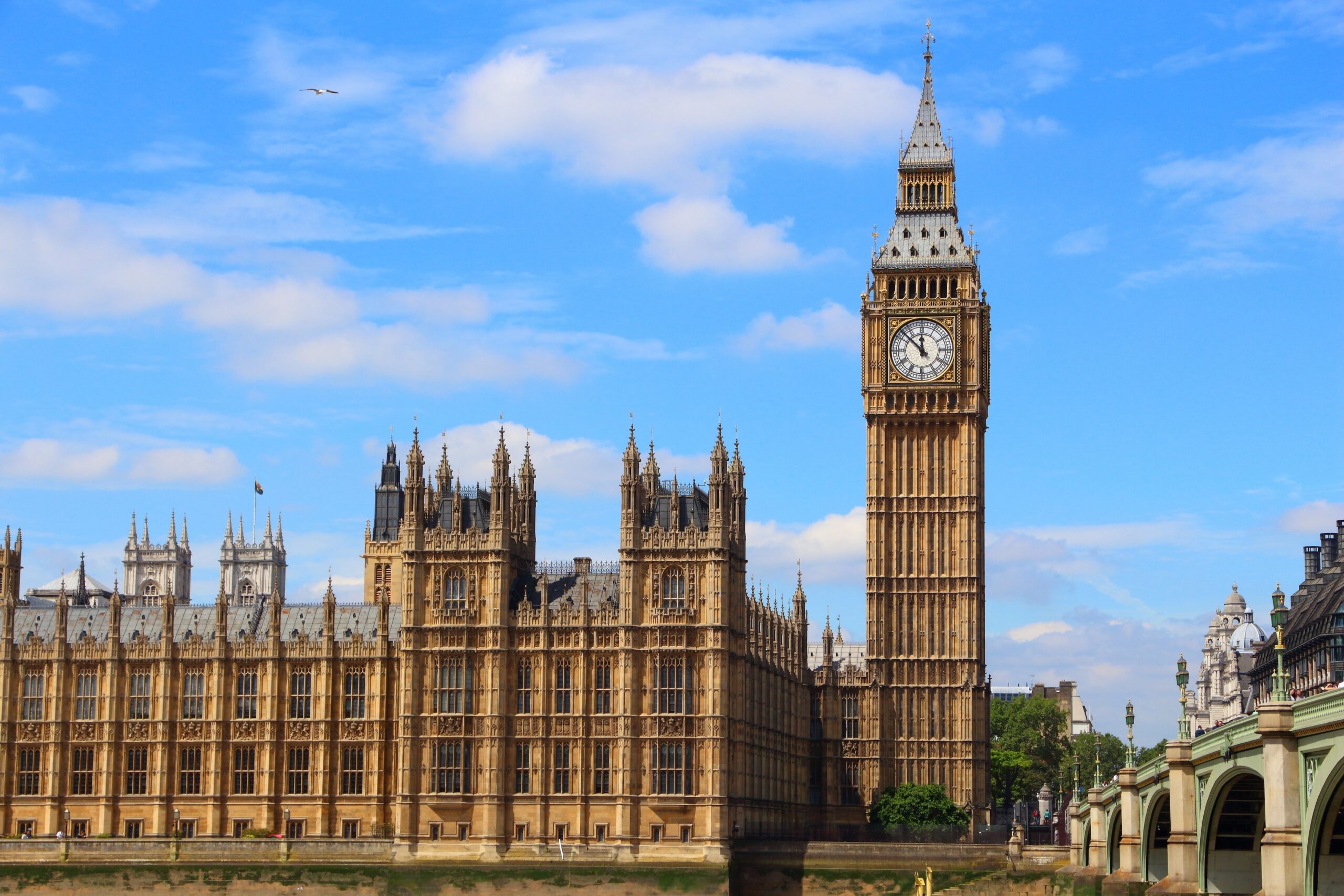Coronavirus: Information on school provision for children of key workers

Events are moving quickly as the government responds to the spread of the COVID-19 virus.
The UK government announced on Wednesday that it was asking parents to keep their children at home wherever possible, and asking schools to remain open for those children who absolutely need to attend. Nurseries and further educational colleges are expected to operate on a similar basis.
More on the UK government’s announcement can be viewed here.
The UK government has now released its definition of the parents whose work is critical to the COVID-19 response.
Understandably, these definitions cannot be too specific. Whilst this may be more obvious for those in frontline healthcare roles, every critical role will need support from those not obviously on the frontline. This is likely to be the case for a number of FDA members.
Each organisation will be best placed to understand which roles are critical to the maintenance of vital public services.
The guidance states: “If workers think they fall within the critical categories above they should confirm with their employer that, based on their business continuity arrangements, their specific role is necessary for the continuation of this essential public service.”
We are working with the Cabinet Office to better understand how this will work. If you believe you fall into one of the categories below, then you should confirm this with your employer.
Key points from the UK government announcement
If your work is critical to the COVID-19 response, or you work in one of the critical sectors listed below, and you cannot keep your child safe at home then your children will be prioritised for education provision:
Health and social care
This includes but is not limited to doctors, nurses, midwives, paramedics, social workers, care workers, and other frontline health and social care staff including volunteers; the support and specialist staff required to maintain the UK’s health and social care sector; those working as part of the health and social care supply chain, including producers and distributers of medicines and medical and personal protective equipment.
Education and childcare
This includes nursery and teaching staff, social workers and those specialist education professionals who must remain active during the COVID-19 response to deliver this approach.
Key public services
This includes those essential to the running of the justice system, religious staff, charities and workers delivering key frontline services, those responsible for the management of the deceased, and journalists and broadcasters who are providing public service broadcasting.
Local and national government
This only includes those administrative occupations essential to the effective delivery of the COVID-19 response or delivering essential public services such as the payment of benefits, including in government agencies and arms length bodies.
Food and other necessary goods
This includes those involved in food production, processing, distribution, sale and delivery as well as those essential to the provision of other key goods (for example hygienic and veterinary medicines).
Public safety and national security
This includes police and support staff, Ministry of Defence civilians, contractor and armed forces personnel (those critical to the delivery of key defence and national security outputs and essential to the response to the COVID-19 pandemic), fire and rescue service employees (including support staff), National Crime Agency staff, those maintaining border security, prison and probation staff and other national security roles, including those overseas.
Transport
This includes those who will keep the air, water, road and rail passenger and freight transport modes operating during the COVID-19 response, including those working on transport systems through which supply chains pass.
Utilities, communication and financial services
This includes staff needed for essential financial services provision (including but not limited to workers in banks, building societies and financial market infrastructure), the oil, gas, electricity and water sectors (including sewerage), information technology and data infrastructure sector and primary industry supplies to continue during the COVID-19 response, as well as key staff working in the civil nuclear, chemicals, telecommunications (including but not limited to network operations, field engineering, call centre staff, IT and data infrastructure, 999 and 111 critical services), postal services and delivery, payments providers and waste disposal sectors.”
The full announcement can be read here.
The FDA is working with the Cabinet Office and individual employers to help respond to the emergency. If you have any questions or concerns, then please feed these back through your local reps, National Officer or to info@fda.org.uk.
Scotland
The Scottish Government has announced that while schools and nurseries will close for most students at the end of today, the children of key workers will continue to have access to all-age education and childcare.
The full announcement can be read here.
Northern Ireland
The Minister for Education has issued guidance confirming that while schools will close for most students, provision will be made for young people up to the end of Year 10, whose parents are critical to the Covid-19 response. The list of roles included in this largely corresponds with that issued by the UK government.
You can view it, and the rest of the Minister’s guidance here.
Wales
The Welsh Government has advised schools in Wales should close for children and young people, with the exception of making provision for children whose parents are critical to the Covid-19 response, so they can continue to work, where alternative childcare arrangements cannot be made.
A written Cabinet Statement confirmed that this includes those administrative occupations essential to the effective delivery of the Covid-19 response or delivering essential public services such as the payment of benefits, including in government agencies and arms length bodies.
The full statement can be read here.
The FDA is continuing to work with the devolved governments to understand how this will work, but would urge you to confirm with your employer if you think you fall into this category.
FDA members in the devolved nations who work for UK government departments should also still refer to the guidance published by the UK government.
I know these are unsettling times for all of us. The FDA is committed to supporting our members and vital public services as they respond to this national emergency.
We will, of course, give you further information when it becomes available. Meanwhile please stay safe, do all you can to limit the spread of the virus and get in touch if you need any further information.
Related News
-

“An outstanding leader with a proven track record” – FDA responds to Dame Antonia Romeo appointment
The FDA has welcomed the appointment of former Home Office Permanent Secretary Dame Antonia Romeo as Cabinet Secretary, following the departure of Sir Chris Wormald last week.
-

“New low” for government’s relationship with civil service – FDA responds following departure of Cabinet Secretary Chris Wormald
The FDA has responded to the announcement that Sir Chris Wormald has departed the role of Cabinet Secretary, with FDA General Secretary Dave Penman describing it as a “new low” for the government’s relationship with the civil service.
-

“Farcical” to wait until 2030 to make decision on restoration and renewal of parliament, says FDA
The FDA has responded to the latest publication of UK Parliament’s Restoration and Renewal Board, ‘Delivering restoration and renewal of the Palace of Westminster: the costed proposals.’